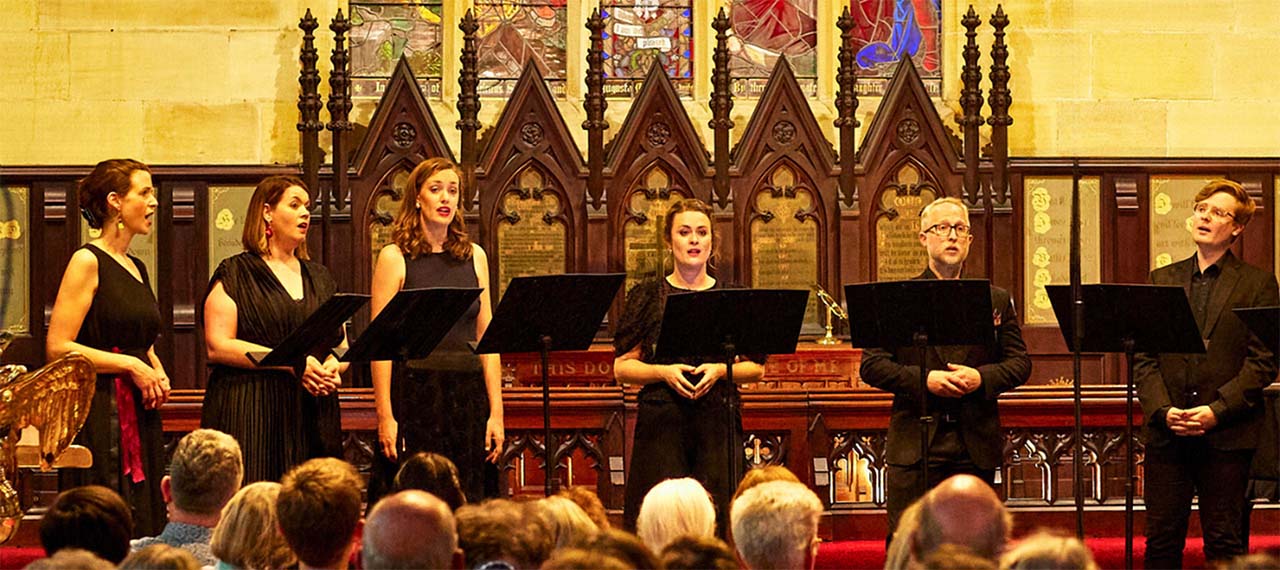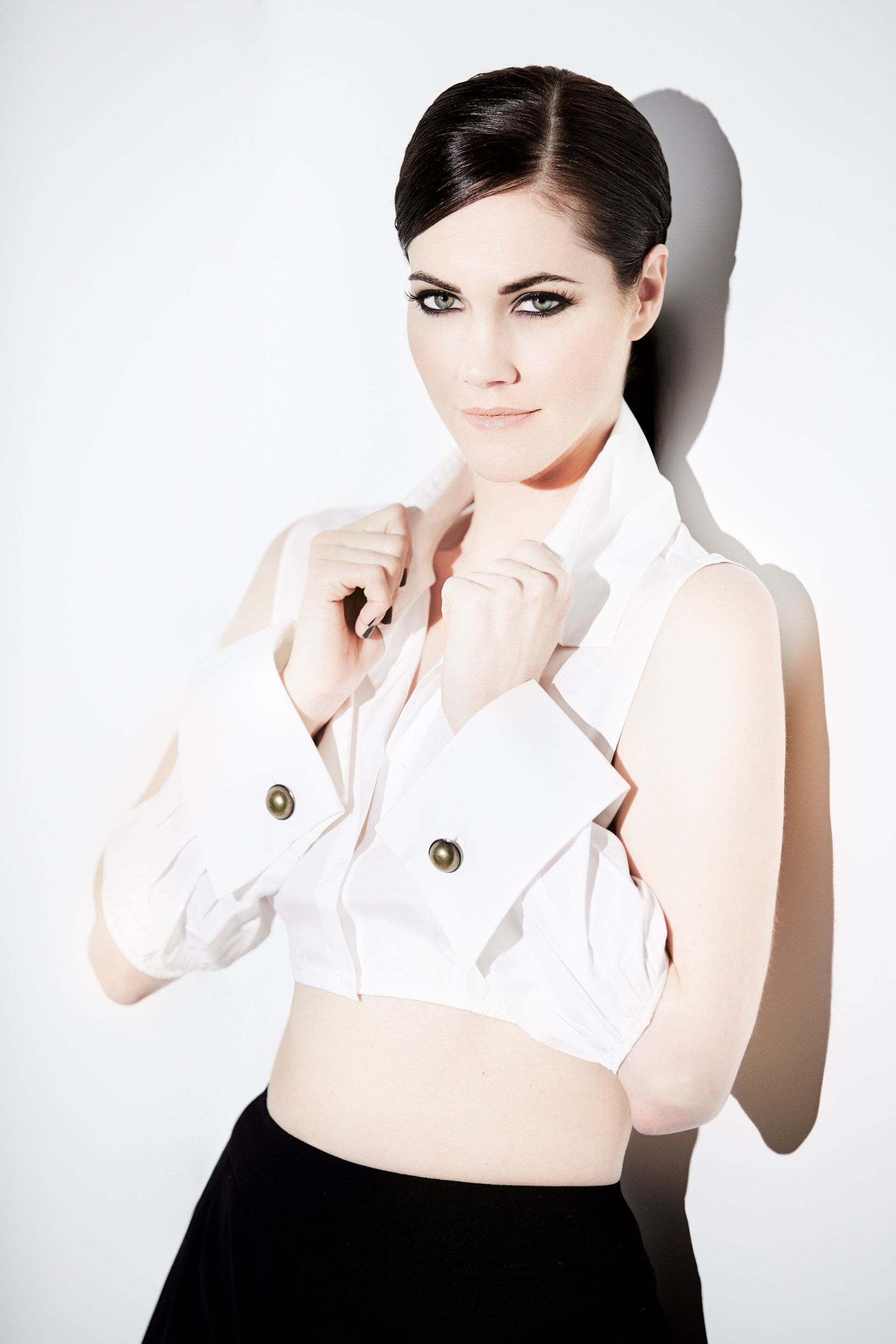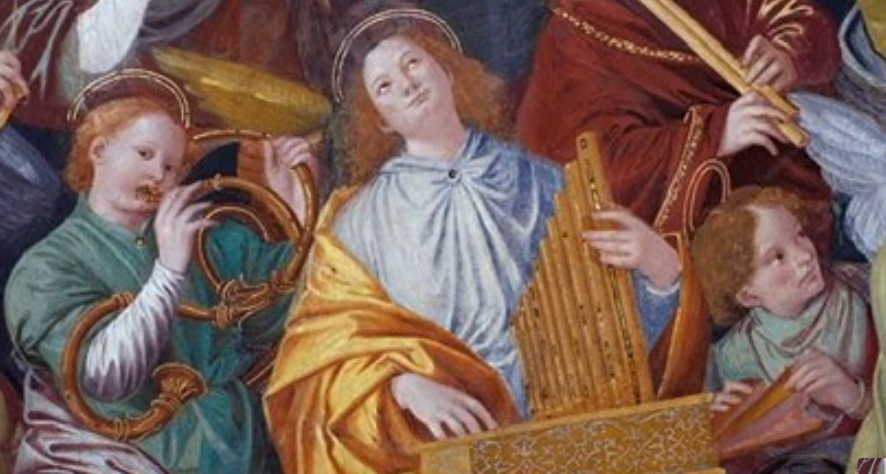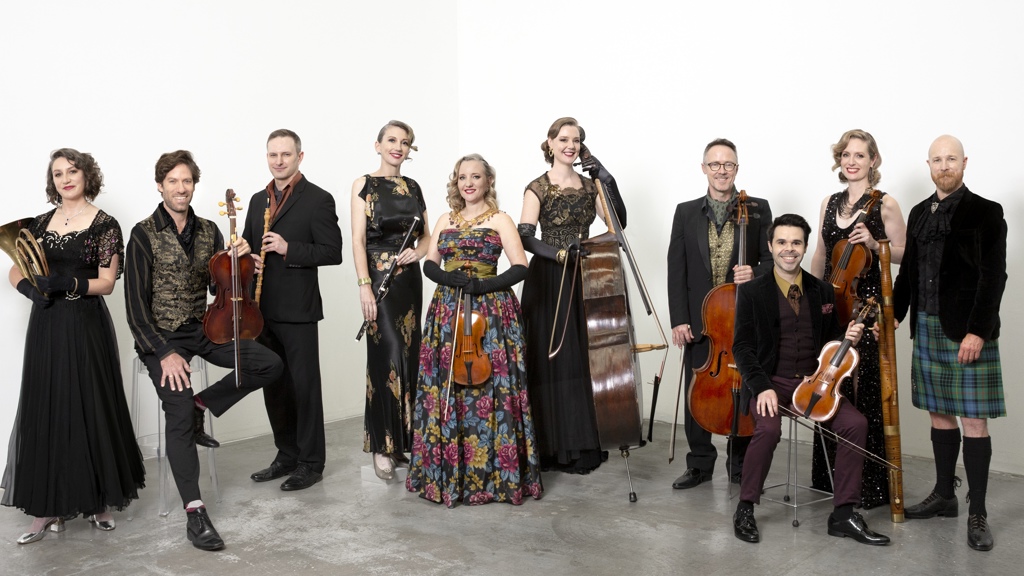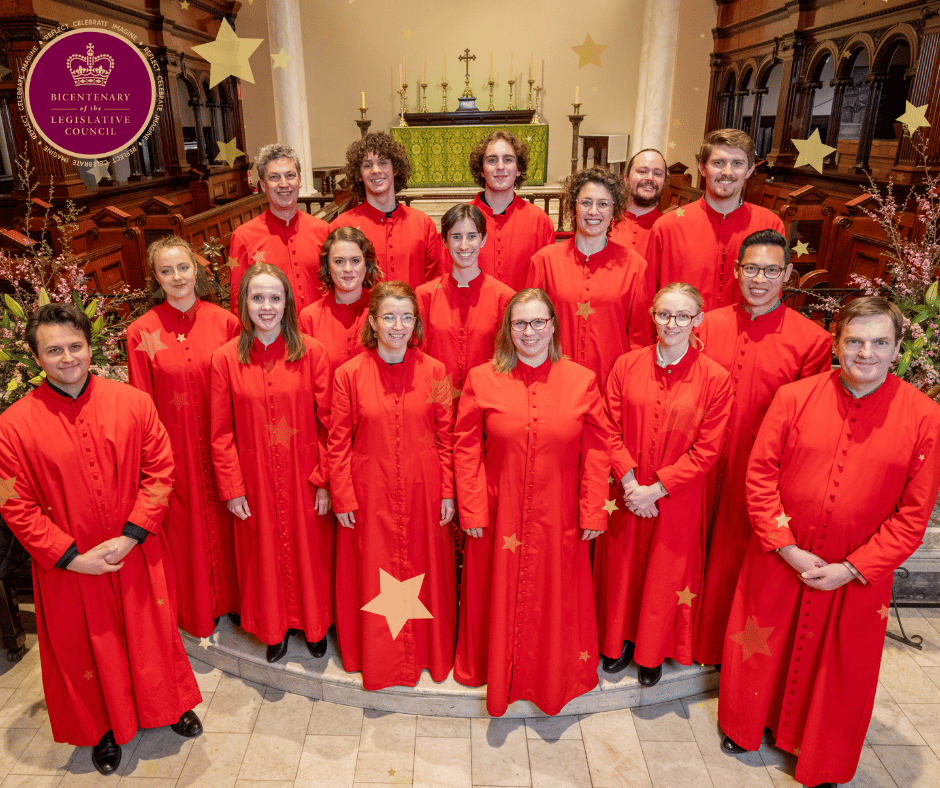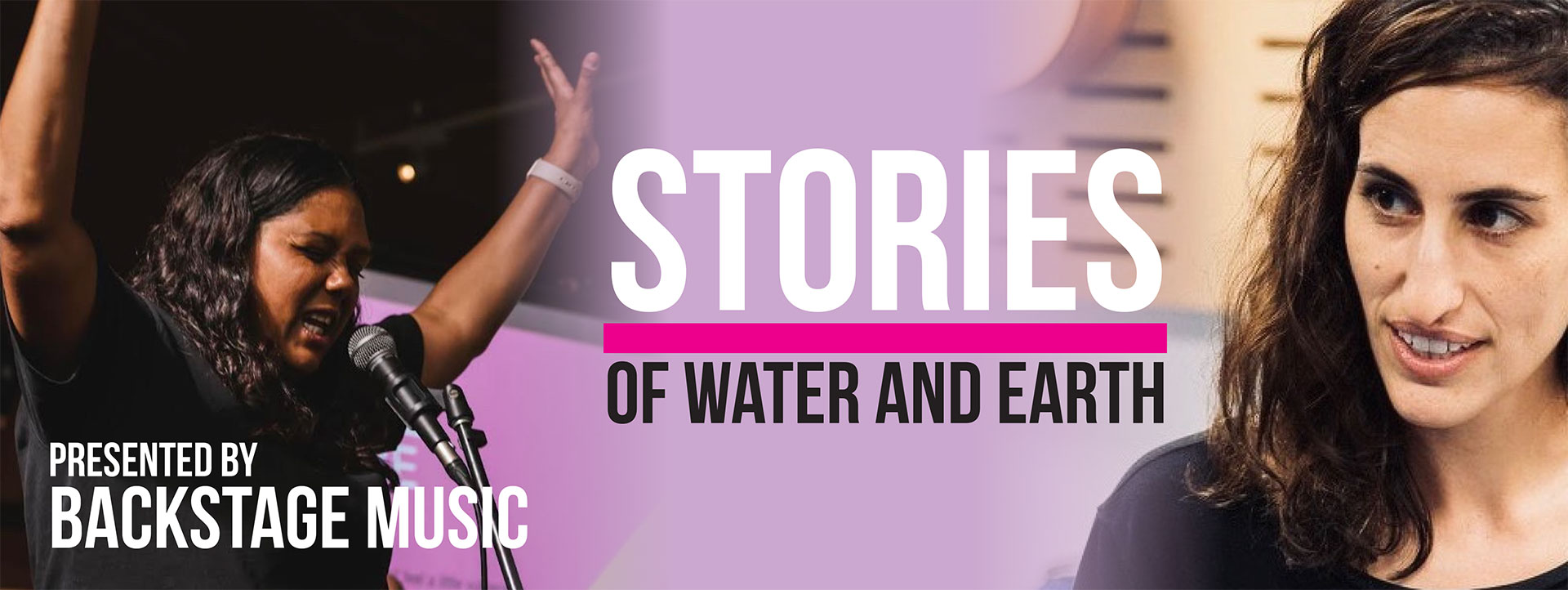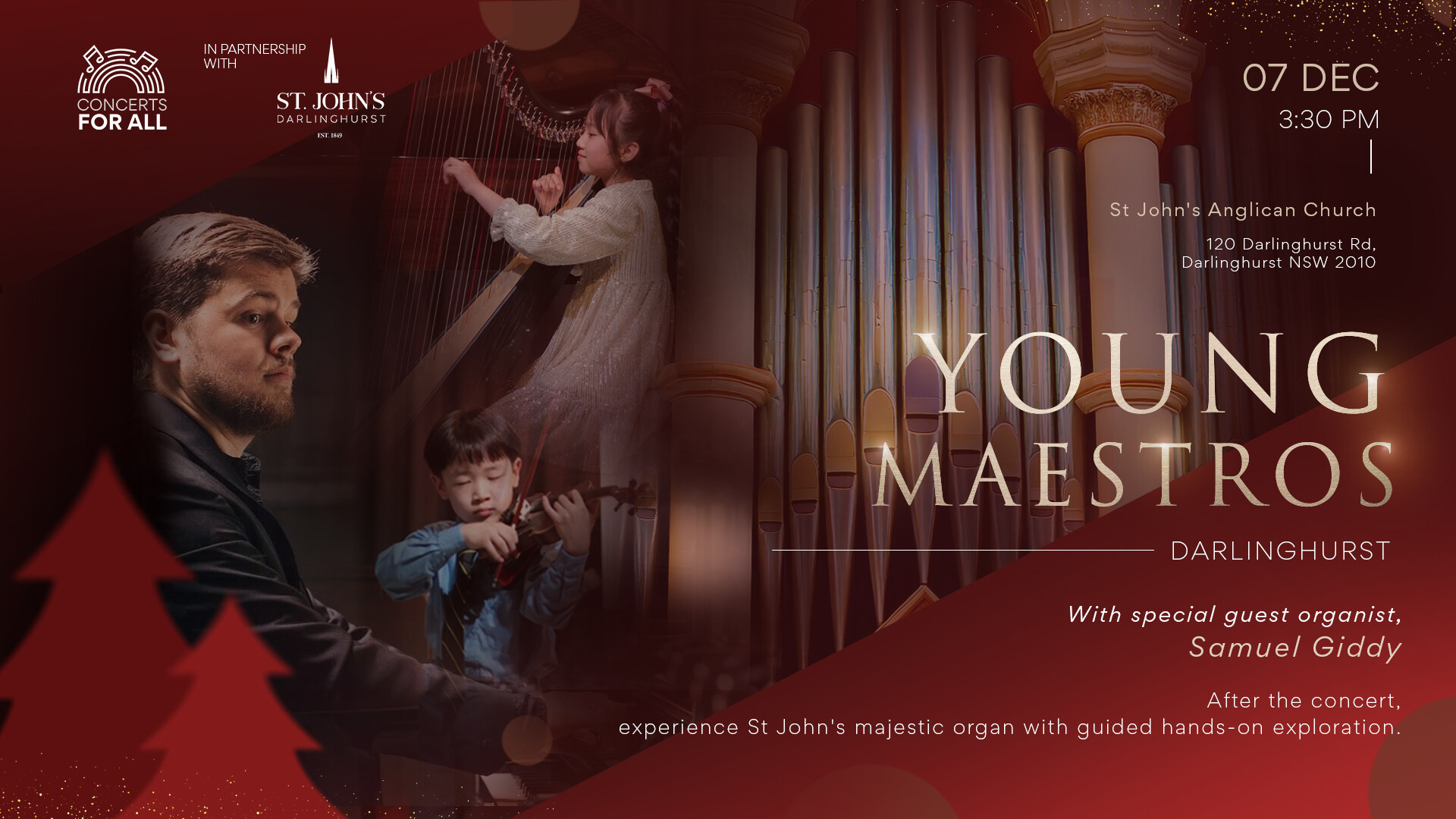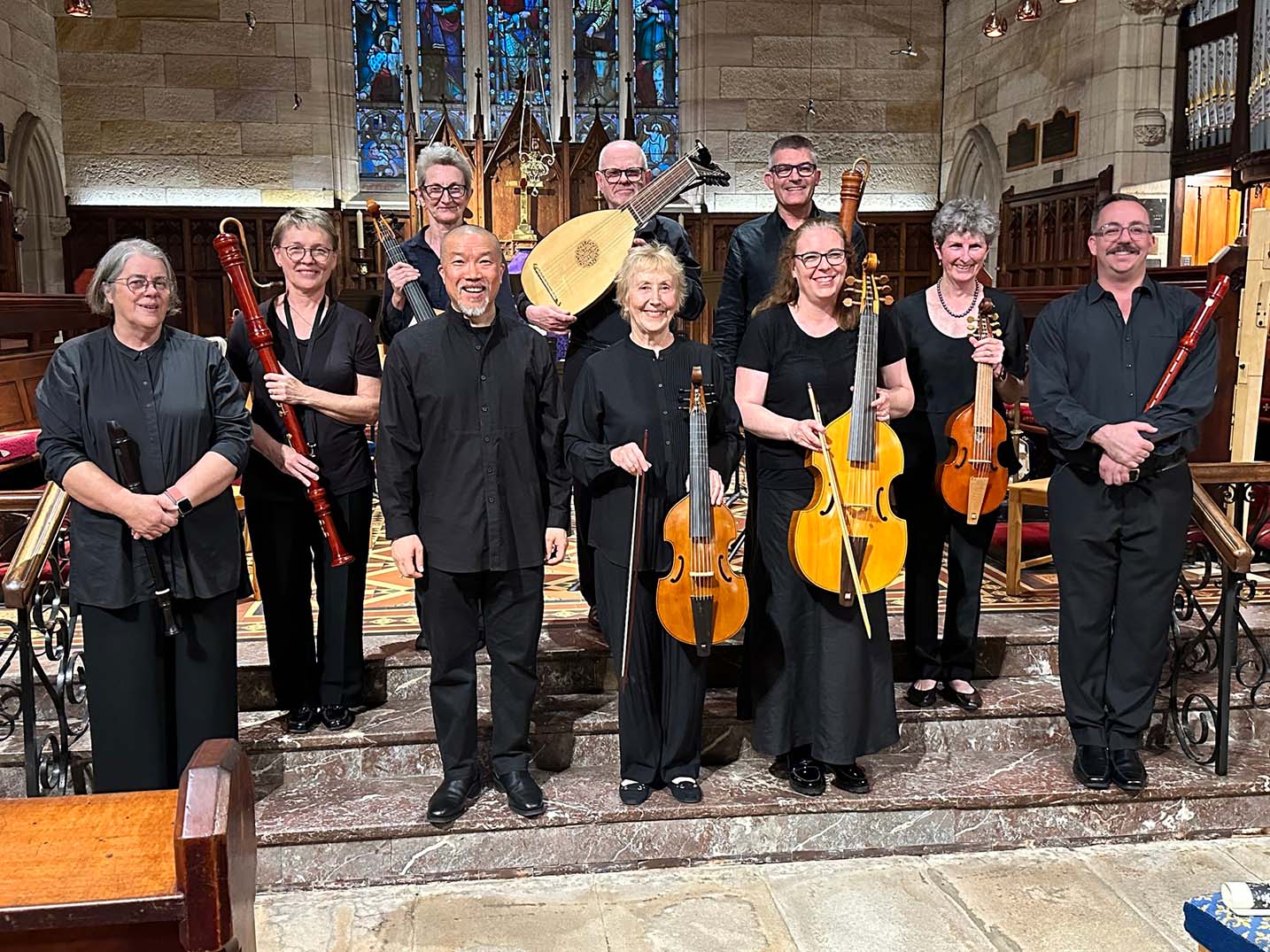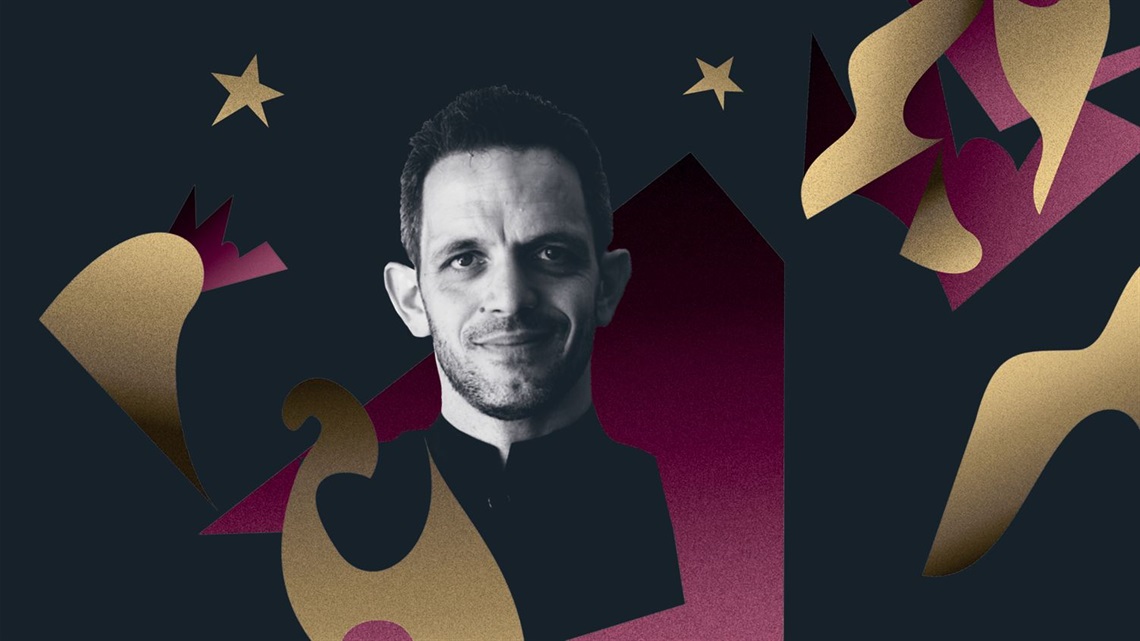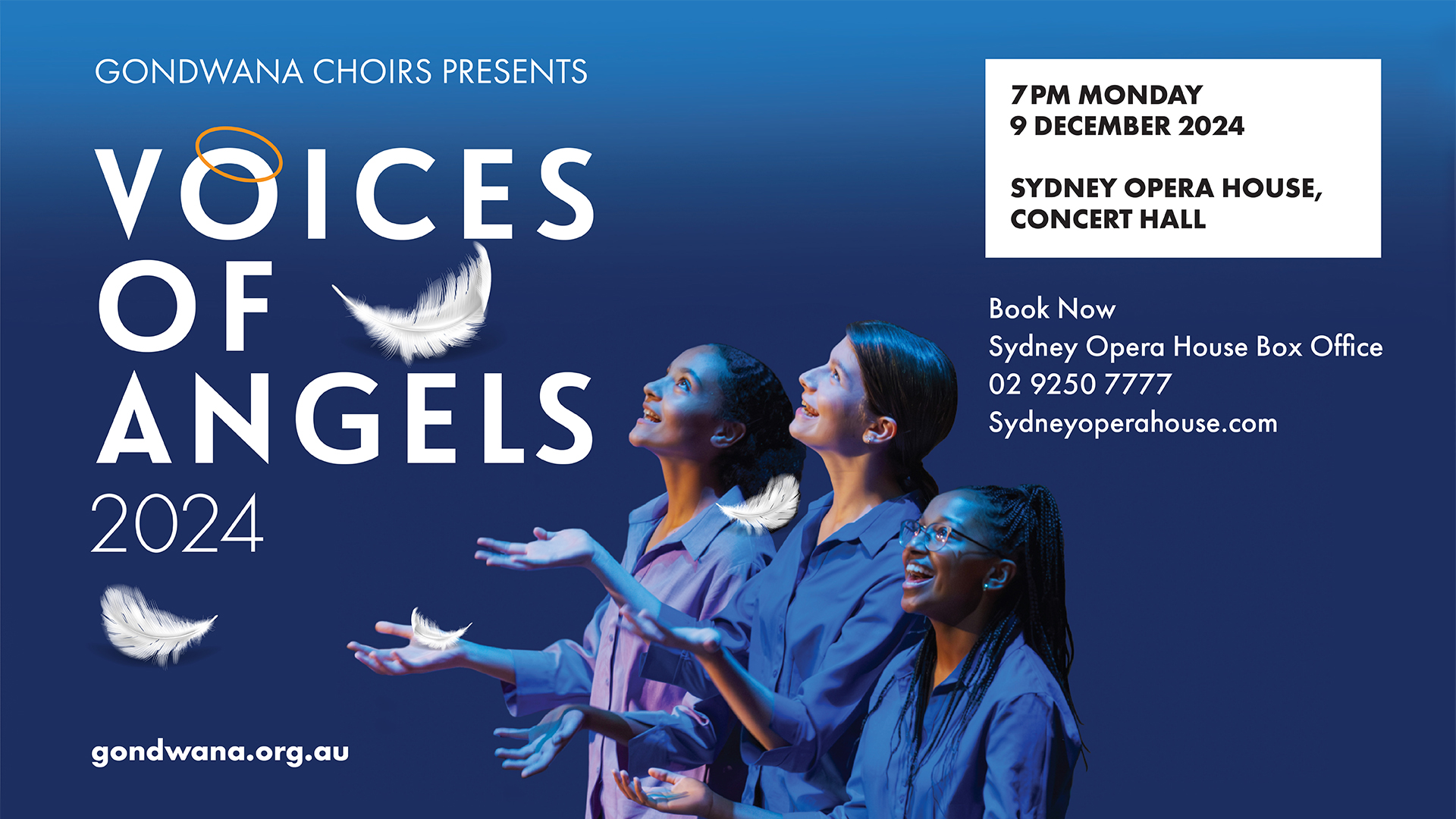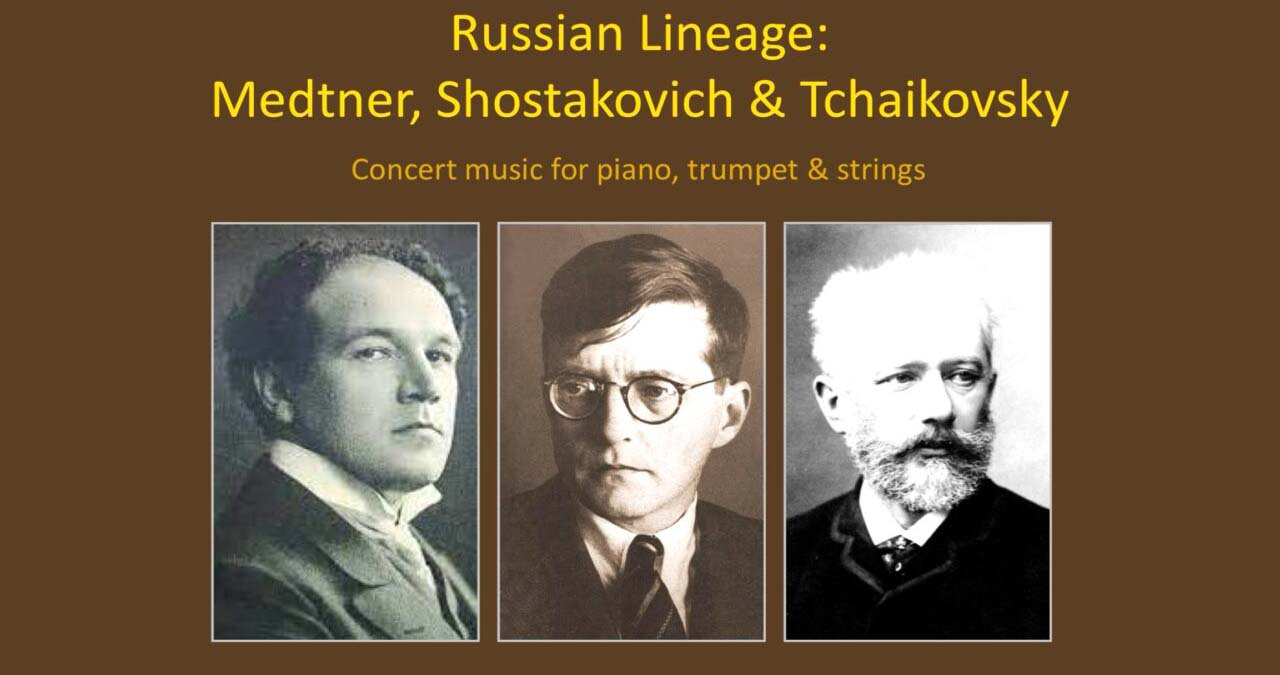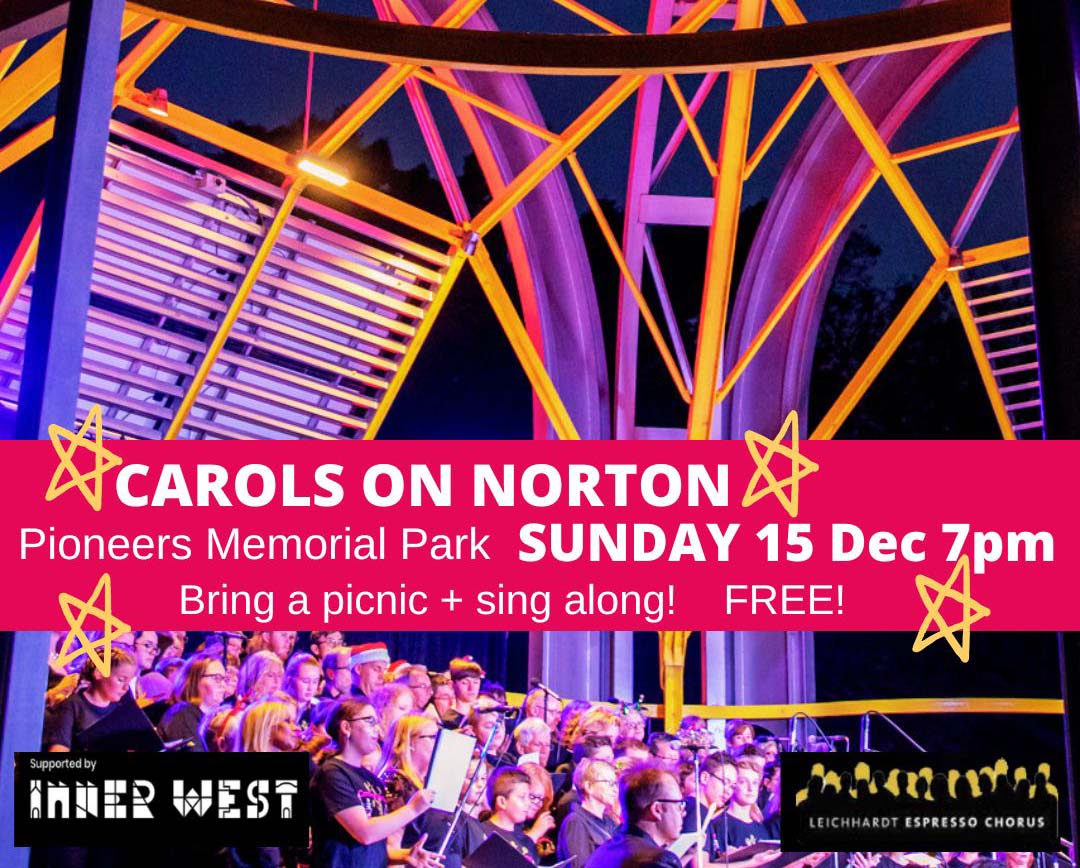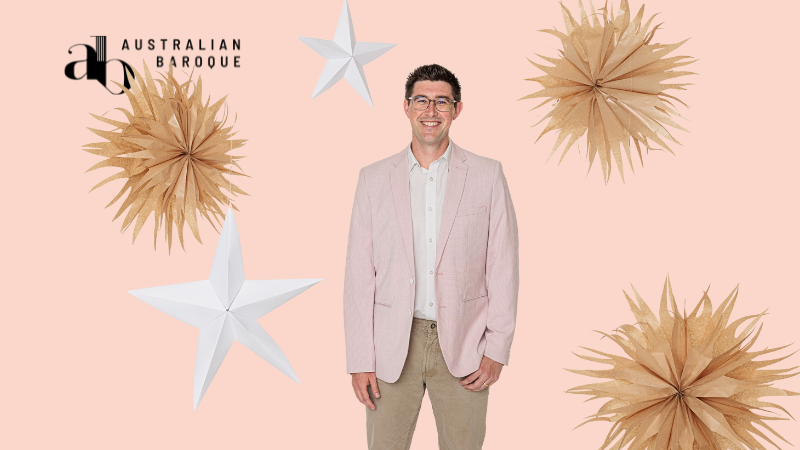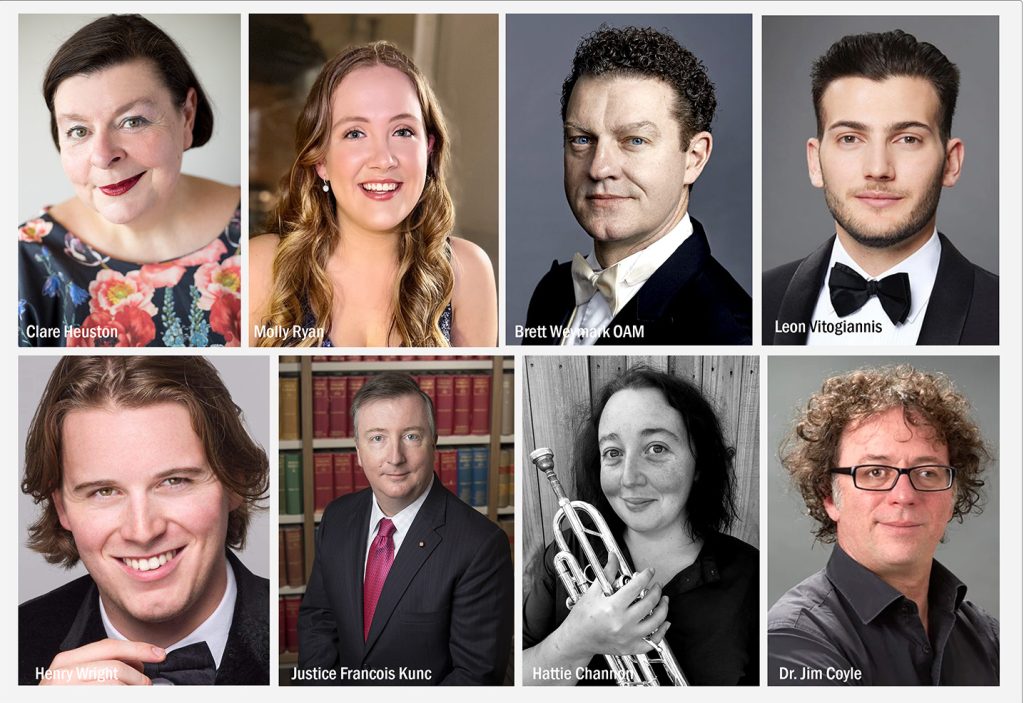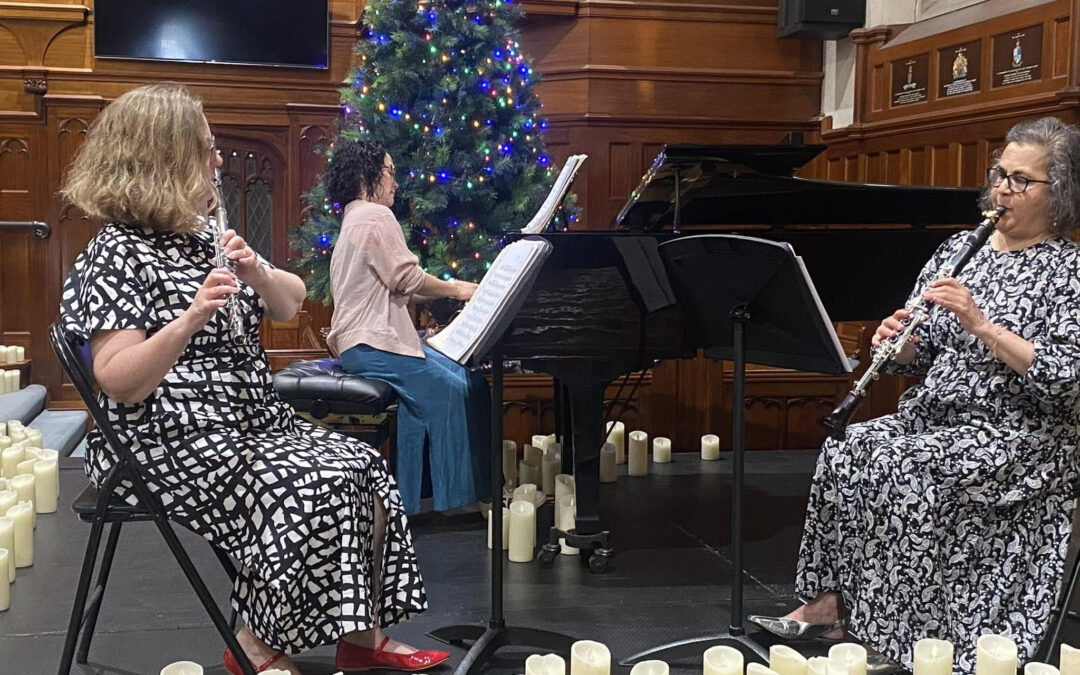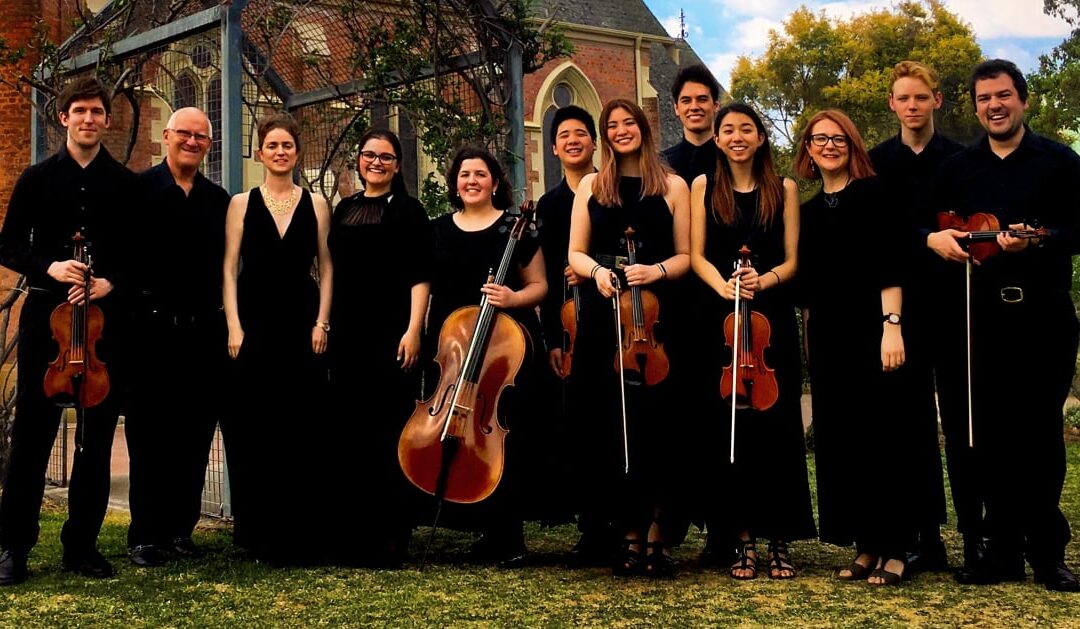Ahead of Selby and Friends’ 2019 season finale tour, Beethoven’s Back, classikON’s Phillipa spoke to Kathryn Selby about the enduring appeal of Beethoven, his compositional genius, and the tour’s special guests – Sydney Symphony Orchestra Concertmaster Andrew Haveron, and rising star cellist, Australian Richard Narroway.
classikON: Beethoven’s Back is an all-Beethoven program. Beethoven’s popularity continues to endure – why do you think this is?
Kathryn: I’ve thought about that a lot, actually. I think it’s because he’s not just appealing to you intellectually, but he’s also appealing to you emotionally, and the fact that there are two sides to this appeal is what makes his music so enduring. Many composers elicit a very strong emotional response in listeners, which sometimes can hit you very hard, but also leave you very quickly. But with Beethoven, it’s a slow burn, so you get an immediate feeling that you’re completely involved and part of the action, and that doesn’t go away; it’s a deepening, expanding kind of feeling – at least, that’s what it is for me. People don’t really verbalise this kind of reaction to him, but I think it can really only be explained in that way. He’s not only appealing to a particular age group or background – his appeal is universal, global, and pretty much everywhere.
It’s Beethoven’s 250th anniversary next year, but this is my fifth year of doing an all-Beethoven concert. There’s always something to explore with different artists, even if it’s similar repertoire or the same repertoire – so he appeals not just to audiences, but to all my colleagues as well. Some of them ask me every year, “so can I do the all-Beethoven concert?” Plus, it’s a lot of fun to explore a piece more than once in performance: one of the appeals, I think, of the Selby and Friends tours to my colleagues, is they don’t play a program as a one-off – they get to play it six or seven times. This allows you to explore a lot more your own reactions to the music, your reactions in concert, your spur-of-the-moment stimulus from another colleague on stage – all of these things happen gradually as you work your way through the program, which wouldn’t happen if you only played the program once. I think it’s quite important to all of us, it certainly has been to me as well.
The Beethoven’s Back program is described as being “rich in contrasts and fascination at the workings of a genius” – do you think what you’ve just described about the appeal of his music to both the emotions and the intellect is showcased in this program?
It’s totally reflected! For example, if you look at the size of the first two pieces: the violin sonata op. 30 no. 2 is a massive work. It’s a big play for both artists, and Beethoven really goes to town exploring, particularly in the slow movement. Interestingly he doesn’t repeat the exposition in the first movement, it’s just a great big long movement. And yet, in the cello sonata op. 102 no. 1, he manages to encapsulate everything that he did in the violin sonata in half its length. And this is where his real genius comes into play, because what he may have wanted to explore in a longer, more expanded version in the violin sonata, he really encapsulates in a very tight, structured form in the cello sonata. The piano trio op. 70 no. 2, again, is a very interesting work, because he now expands that four-movement structure, and it’s so different to ‘The Ghost’, which is in the same opus number – it’s a very different work, it’s very egalitarian across all instruments, but it doesn’t quite have the same kind of structural interest.
Beethoven allows himself to follow his more beaten track with his piano trios, albeit it in a much more mature way than, for example, the opus 1 works, because he’s had so much more experience by this point. But comparing the two solo sonatas is comparing apples to apples, whereas the piano trio is a different genre, and a more difficult genre for a composer than a solo sonata. There’s no question that the solo sonatas are not violin or cello with accompaniment – rather, it’s very much two instruments playing a sonata, and they vie with each other, complement each other, support each other. It’s not like an étude, where the piano is the support act: in the piano trio, everyone’s equal. In a way, it’s a very complementary program, whilst also having a lot of contrast.
And tell me about your special guests for this tour!
Andrew Haveron is very well-known now to everybody, he’s been in Australia a long time – he’s Sydney Symphony Orchestra concertmaster; he’s a bravura violinist who can do anything on his instrument. He also has a lot of experience with chamber music, having spent many years in a string quartet. He’s a bit cheeky and fun to play with – just very easy-going and easy to work with. I’m really looking forward to working with him again.
Andrew hasn’t played with Richard before, and neither have I. Richard has been in America for a good ten years, maybe longer, getting his training and academic qualifications. He and I first met when he was about 16 or 17. I’d put on a concert of all young people, which is one of the things I like to do in each season, and he was recommended to me as a really talented young person who would enjoy playing as part of a group of youngsters one after the other. That was the last time that I saw Richard in the flesh, but I’ve been keeping a very close eye on what he’s doing and his career, and he’s coming back now to Australia to take up a post at the University of Melbourne. We’re very lucky to have him back on our shores. So hopefully this is just the first time that he will perform with Selby and Friends!
You can catch these amazing musicians performing this fabulous all-Beethoven program at the following dates and locations:
Adelaide | Sun 27 Oct, 2:30pm // Sydney | Tues 29 Oct, 7pm // Melbourne | Wed 30 Oct, 7:30pm // Canberra | Thurs 31 Oct, 7:30pm // Turramurra* | Sat 2 Nov, 2:15pm // Southern Highlands* | Sun 3 Nov, 2:30pm
*NB These two locations have changed order in the tour schedule to the usual order.

